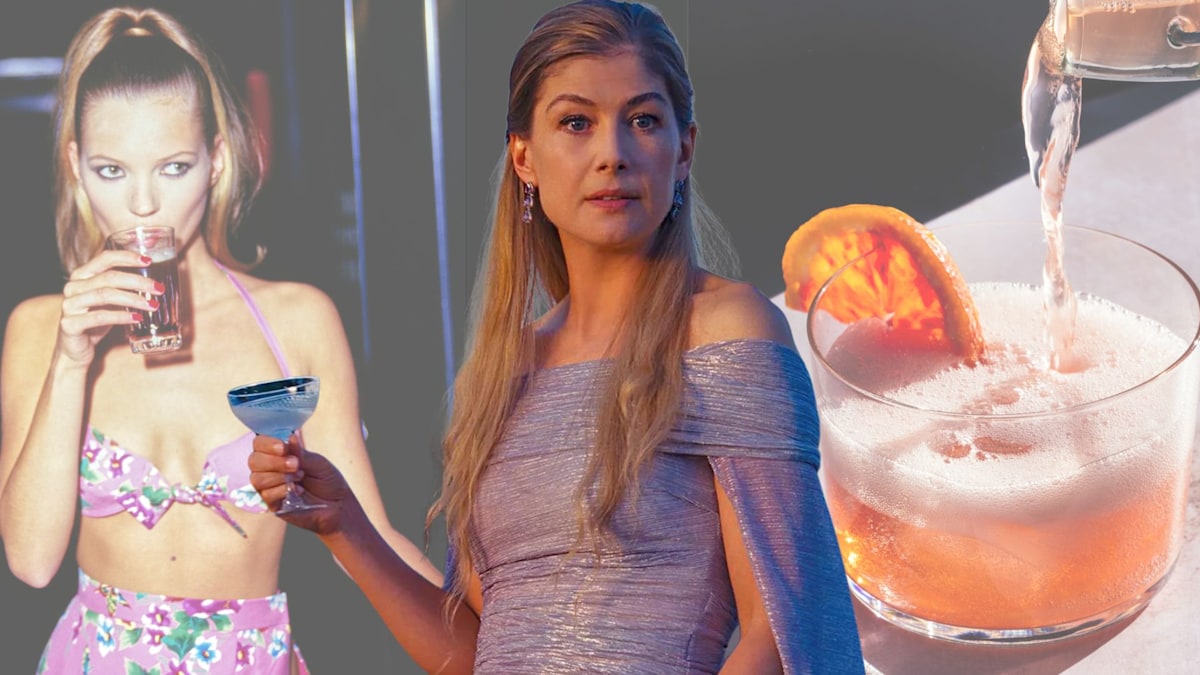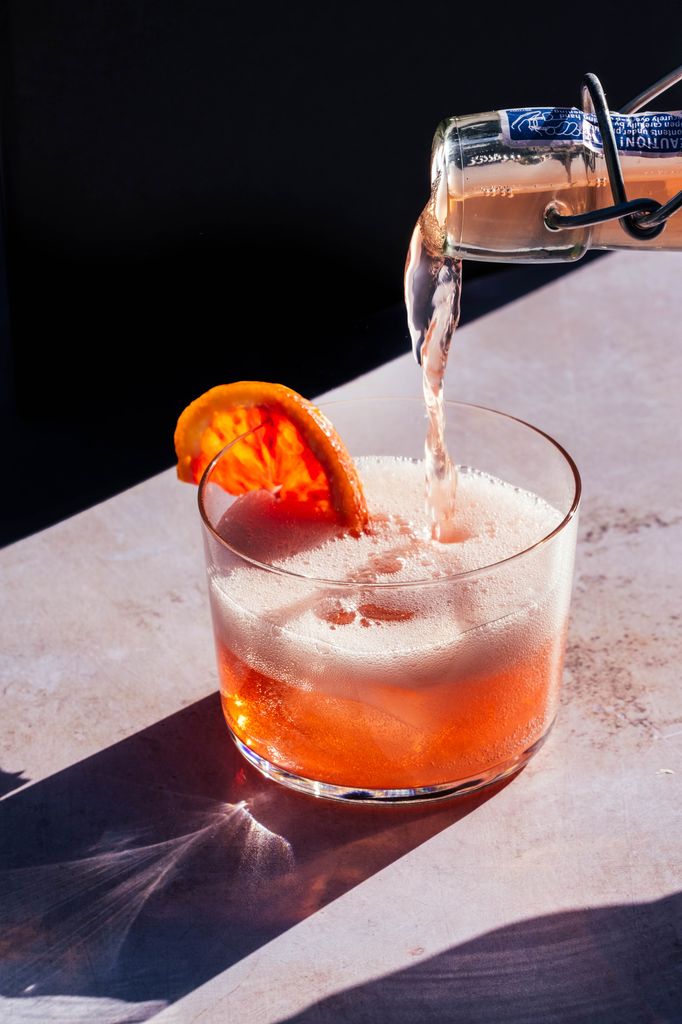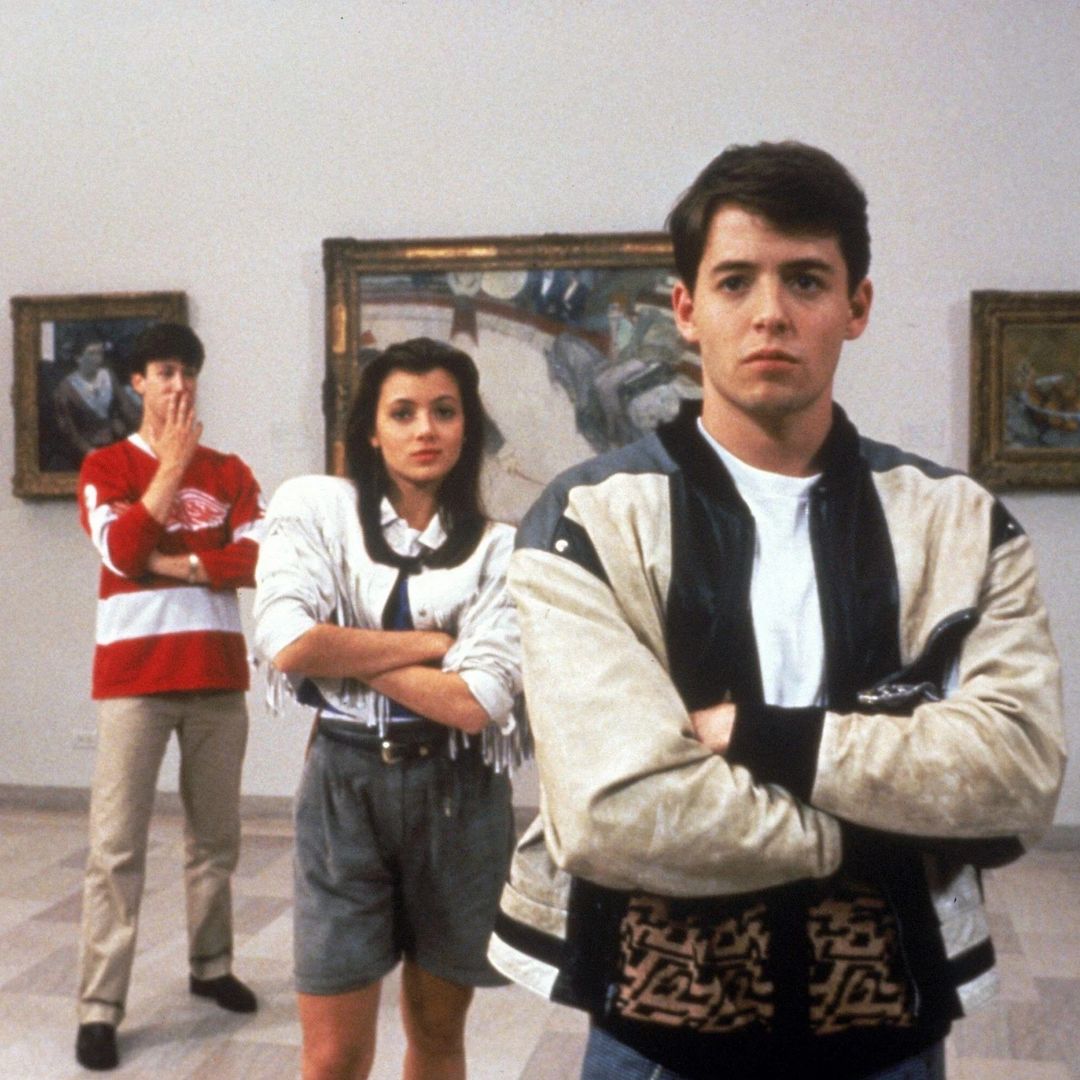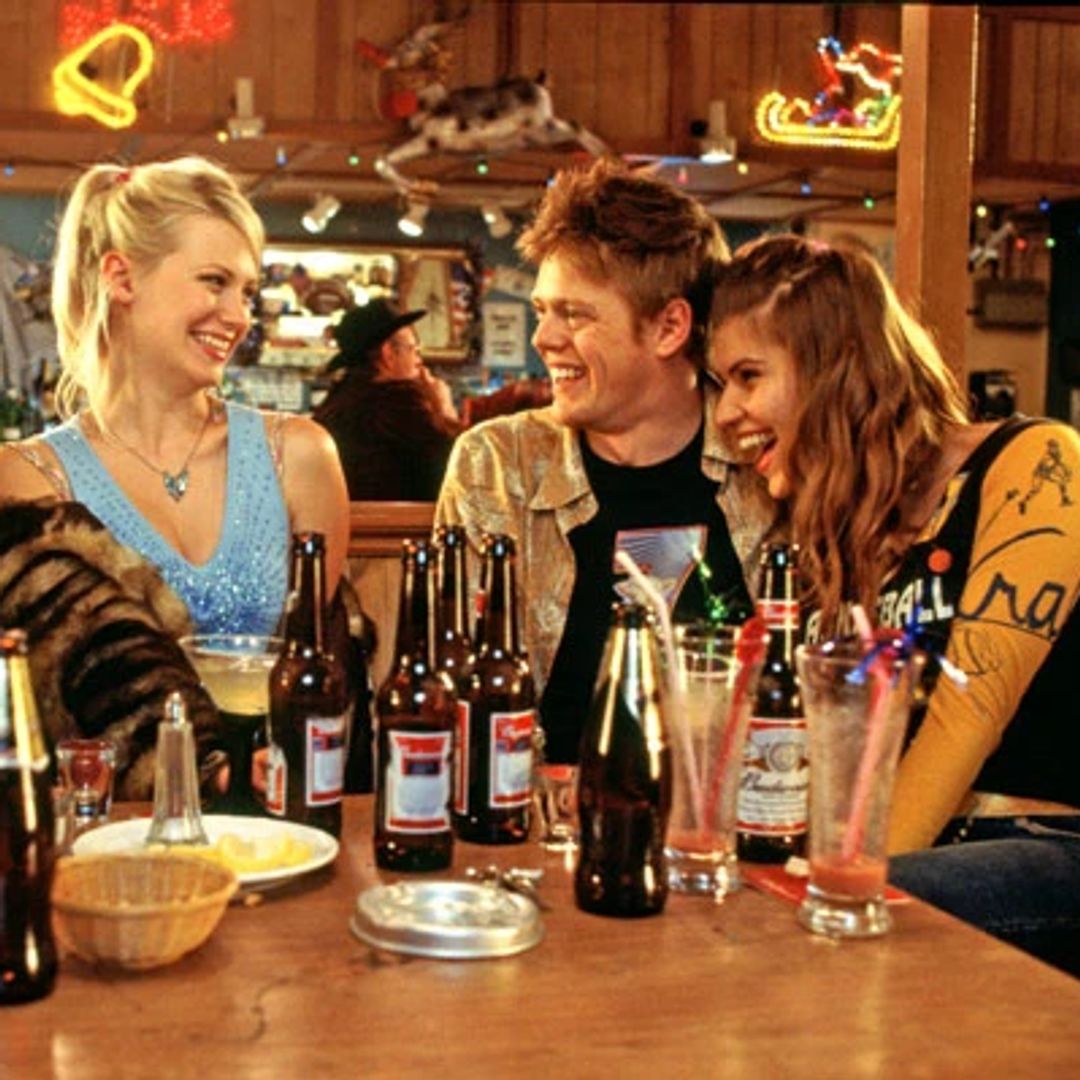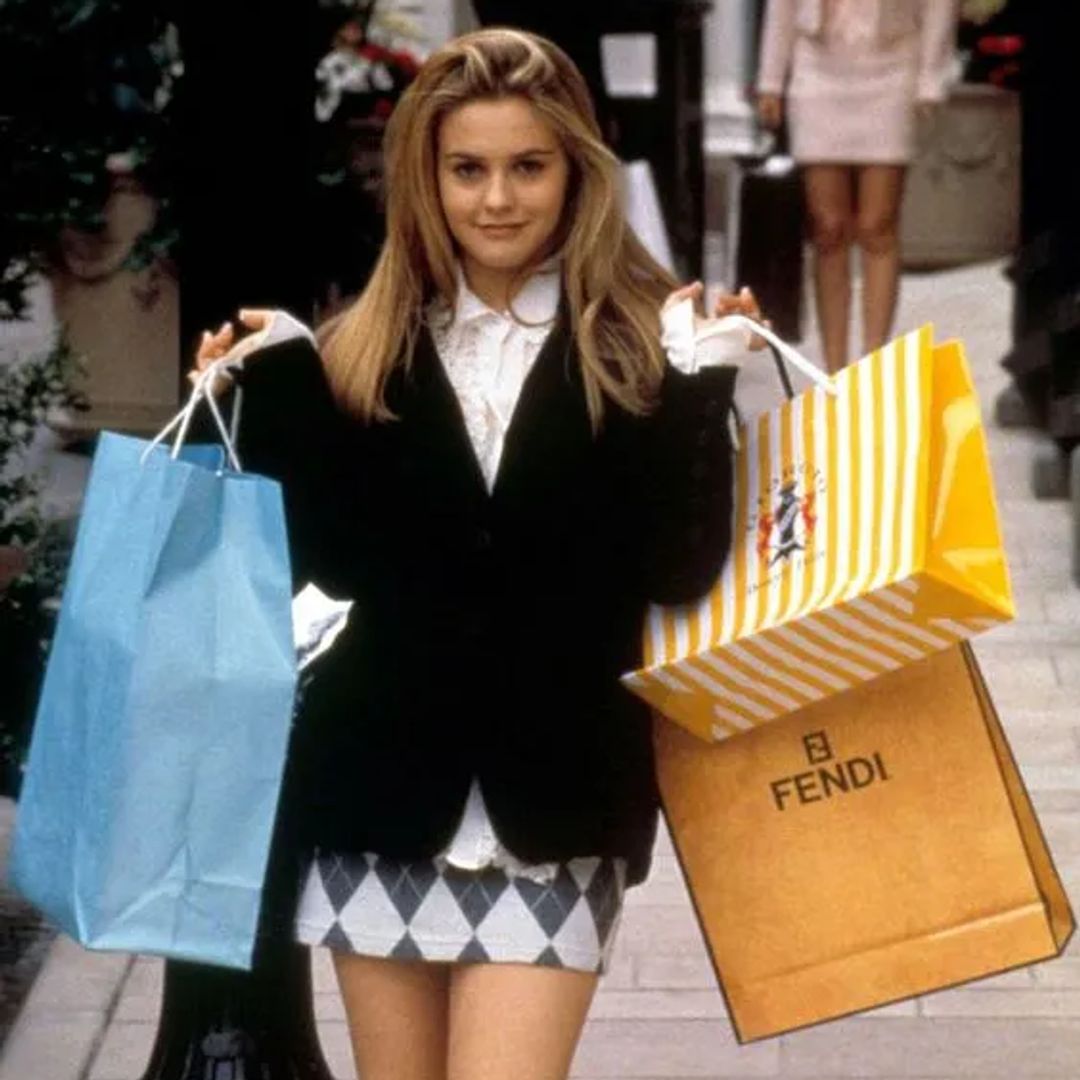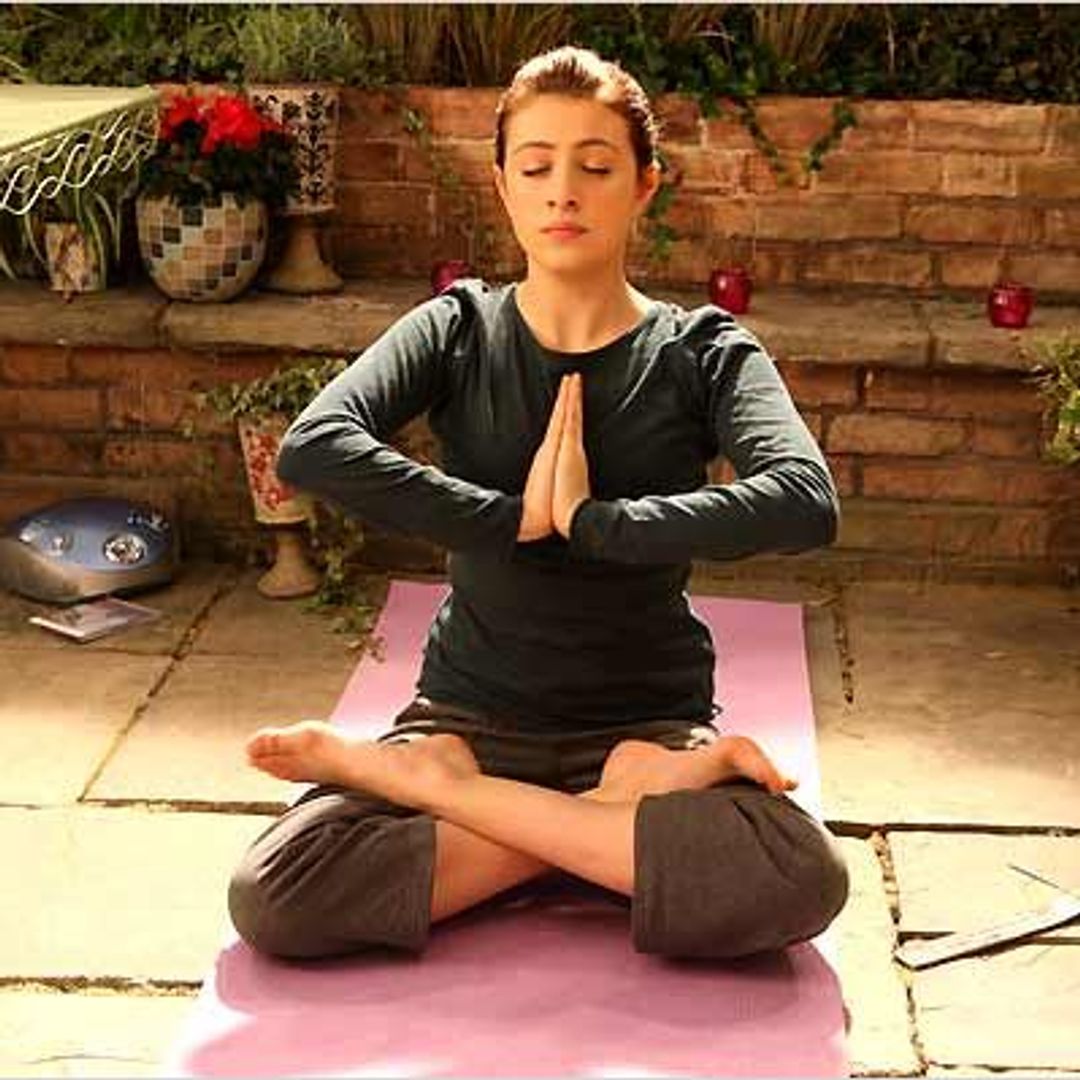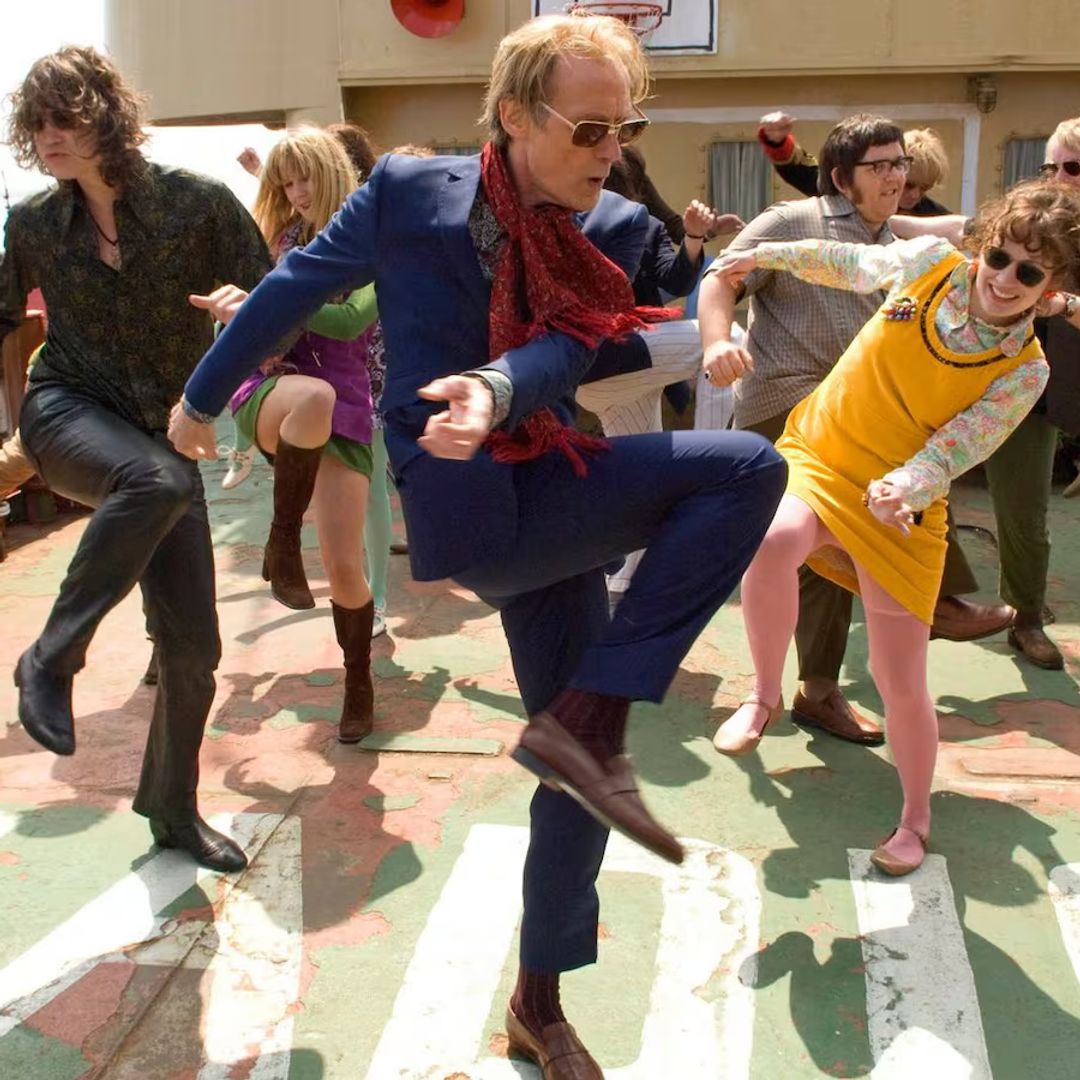Dry January is finally upon us – the yearly spell when our livers get a holiday and our wallets temporarily stop aching.
For many, the booze-free month is a breeze. Hangovers leave the conversation, allowing for blissful headache-free mornings and stomach linings to strengthen. It’s also rather heartening to know that a chunk of your hard-earned salary isn’t disappearing into the till of The Scolts Head for a brief period.
Yet, Dry January also presents its challenges. Alcohol can be a release, a vehicle through which to remove oneself from the banal stresses of everyday life. It’s also a liquid cheat code to confidence, turning small talk into TED Talks, bad dancers into Simone Biles, and kisses we’d rather not remember into coming-of-age legendary. Hence, a month without alcohol (AKA a month of clear memory and conscience) isn’t always the most appealing.
Due to medical reasons, I’ve been sober for a year and a half. I should have stopped drinking sooner, but an undergrad, post-grad and recurring bouts of anxiety stopped me from doing so. In the end, the latter played an integral part as to why I quit alcohol.
Becoming sober was never a big deal to me – I always found other people made more of a fuss about it. It doesn’t stop me from going out or making the odd poor decision, but it does help me to keep my body and brain in check.
Don’t get me wrong, I would still drink if I could. Yet, after a decade of tedious health woes, hospital visits and medication mishaps, I just couldn’t be bothered to make things worse for myself anymore.
Hence, Dry January is a welcome relief from the surprisingly frequent ‘why don’t you drink’ remarks and ‘you must save so much money,’ assumptions (Thanks to ‘girl math’ – I don’t.)
For those dipping their toe into the wonderful world of sobriety for Dry January, read on to discover my personal tricks and tips to help you see through the hangxiety-free month in style.
Find unique alternative ways to socialise
A fairly straightforward one to start off with. Replace the bar or pub with more creative activities. Organise a jazz night at Ronnie Scott’s or The Crypt. Book that restaurant in Soho you’ve been meaning to try for ages. Watch an arthouse film at The Lexy. Find a free exhibition to visit. Book a free ten-minute art history talk via The National Gallery. Grab a table at Courtesan for bao and burlesque. Host a games night. Go to Hyde Park and pet as many dogs as possible. The limit does not exist.
Explore your local alcohol-free scene
If you actually like the taste of alcohol and actively miss it, then it’s time to explore your local booze-free scene. For Londoners, head to Jazu for a taste of Sentia Spirits, The Connaught for artisanal mocktails boasting notes of cacao coconut water to red berry kombucha, or the Punch Room for ginger-infused pear tea and more.
Be sure to try out Tom Holland’s latest venture Bero and Lucky Saint, available in its flagship pub nestled in the heart of Marylebone. For those living outside of the city, simply ask your local haunt what zero per cent beverages they have to offer and enjoy a taste-testing session.
Treat yourself
While I personally may not be the greatest at saving, opting not to drink does help on the financial front. With the average cost of a pint in London costing £6.75, a night out is rarely cheap.
Dry January is a great time to save your pennies, but it’s also a stellar time to treat yourself. With the money you would have spent perched barside, invest in something you have really needed or wanted, but haven’t been able to justify buying. It could be something as low-key as a house plant or a new moisturiser. Perhaps a self-indulgent theatre ticket, House of Hackney home decor or mid century print scored at the flea market. See where your money takes you out of the pub.
Nurture your mental health
It’s no secret that alcohol is a depressant. So for those who grapple with their mental health or take SSRIs, a month-long break from alcohol could be a game-changer.
To break it down, alcohol disrupts neurotransmitter balance, impairing serotonin and dopamine regulation, which are critical for mood stability. It activates the brain’s reward system temporarily but depletes long-term reserves, increasing the risk of anxiety and depression.
However, alcohol can simultaneously numb the senses, making it an easy way to soothe social anxiety. Cue, the vicious cycle of poor mental health and alcohol reliance that Dry Jan offers a welcome relief from.
If you’re planning to take some time off from the alcohol scene, why not optimise your mental wellbeing? This can be done by curating a healthier sleep pattern (I like to douse my bed linens in lavender oil every night) staying hydrated and learning the art of self-soothing – which looks different to everyone. For me, this involves carrying eucalyptus-infused calm balm wherever I go and solo cinema trips when I feel dissociated. It doesn’t always have to be yoga, I promise.
Embrace your weird wonderful self
The best thing about being sober? Being delightfully weird on a night out and nobody batting an eyelash.
There is no reason not to run riot in the club alongside your friends, as, contrary to what an ex-boyfriend once told me, being sober doesn’t make you boring – especially when you’re slightly unhinged regardless.
The best thing to come out of sobriety for me is an erupting adoration for my friends and our shared gleeful silliness. Being with the people you love, sober or not, is a joy, whether squished into a corner booth at the bar or spent horizontally sprawled on a lazy Sunday. Dry January is a time for friends, so make the most of them.
Read the full article here


